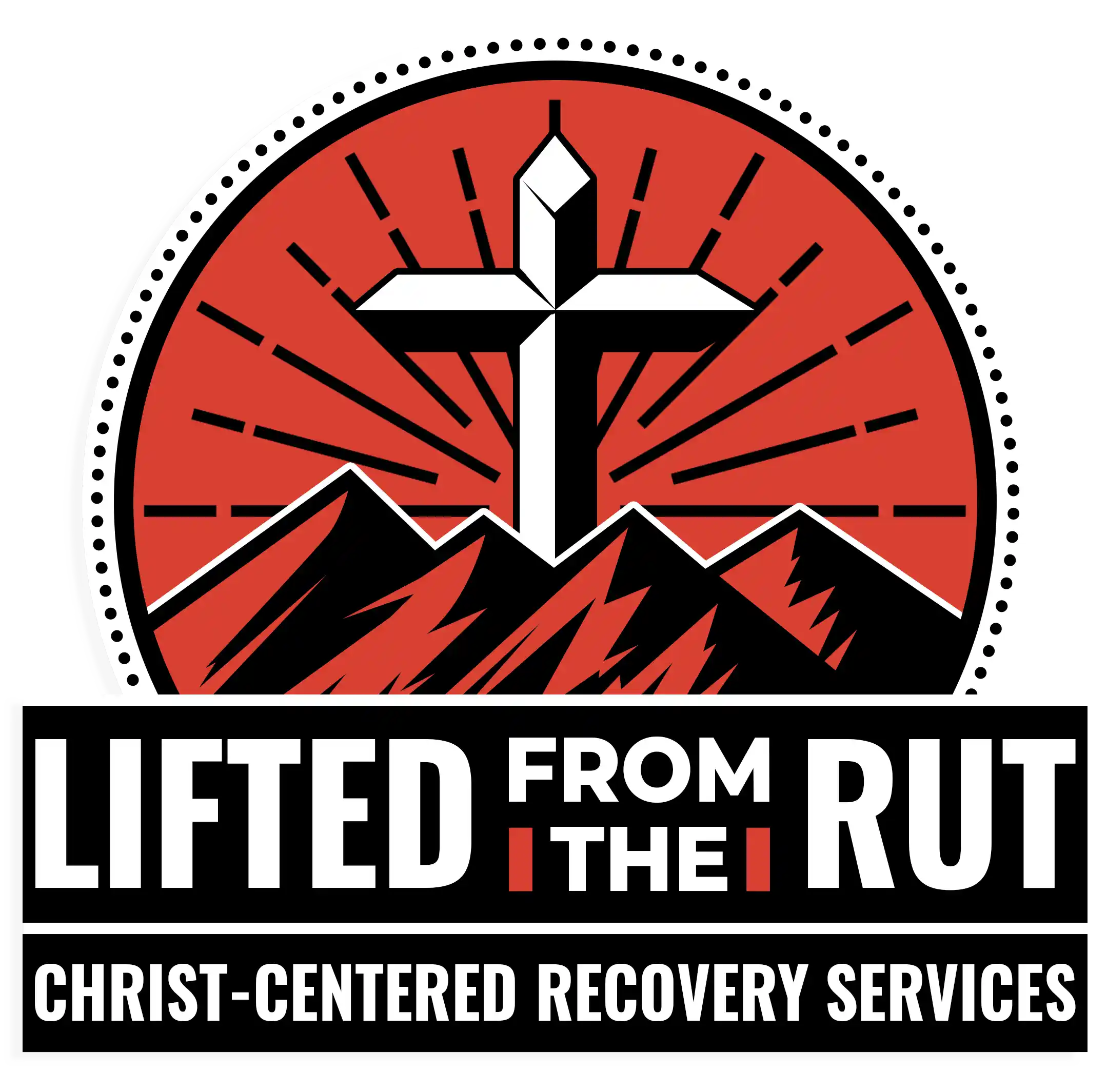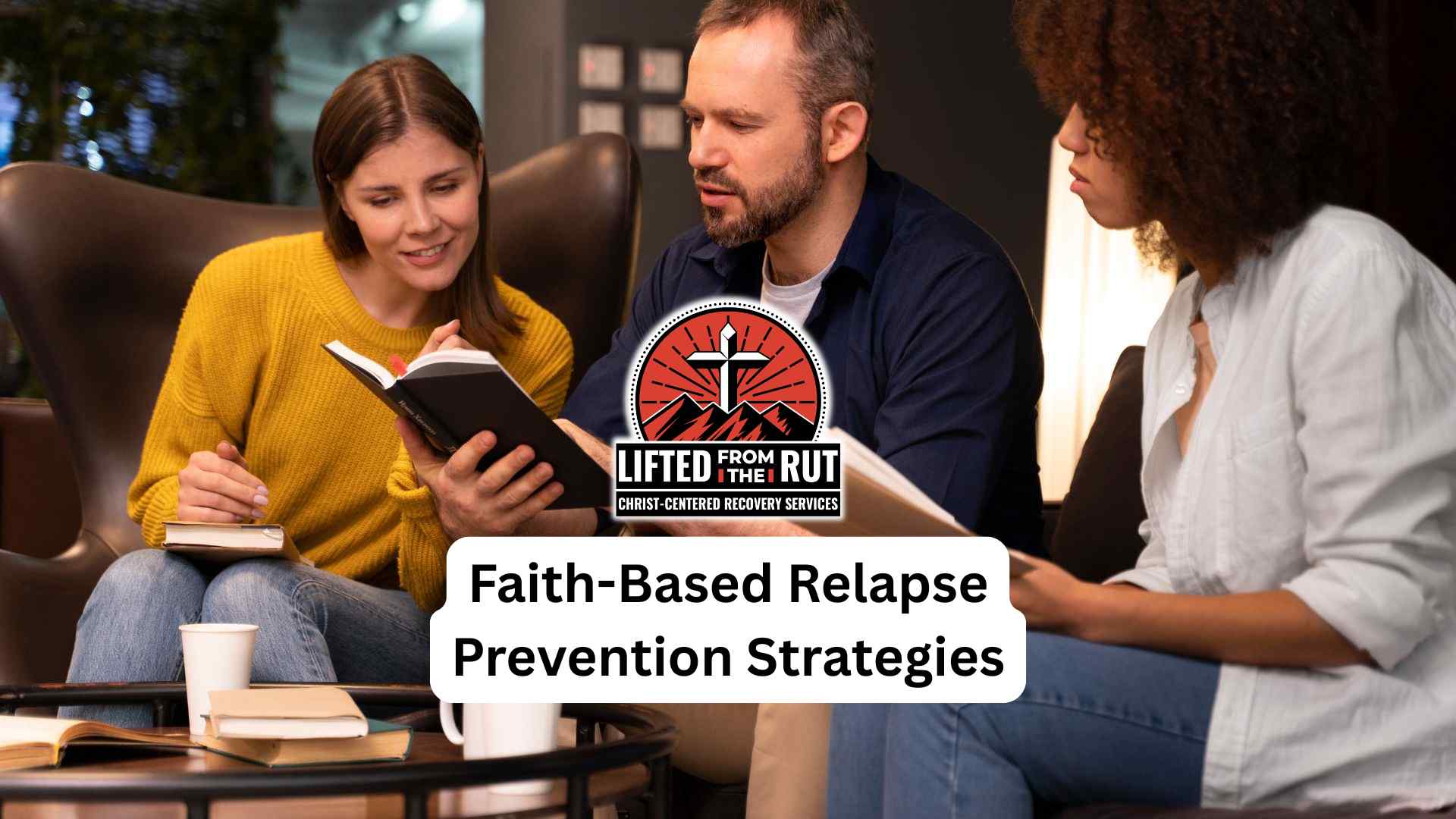Relapse prevention is a critical component of long-term recovery, and for many individuals, faith plays a central role in sustaining sobriety. Beyond traditional clinical methods, faith-based approaches offer spiritual tools, community support, and a renewed sense of purpose—elements that can significantly strengthen one’s commitment to recovery.
This article explains how faith-based relapse prevention works, why it’s effective, and how spiritual practices can be integrated into a comprehensive recovery plan.
The Role of Faith in Relapse Prevention
Faith and spirituality are increasingly recognized as powerful protective factors in both addiction prevention and long-term recovery. More than 80% of scientific studies show that spiritual or religious engagement plays a positive role in preventing substance use and supporting sustained sobriety.
A comprehensive analysis even found that 84% of studies reported improved outcomes linked to faith-based involvement. Programs that integrate spiritual components—such as regular prayer, scripture study, and participation in faith communities—often report higher success rates.
When done long-term, faith-based recovery programs achieve relapse prevention rates as high as 75%, highlighting the significant impact of incorporating spiritual practices into the recovery process.
Building a Daily Prayer and Meditation Practice
Establishing a consistent prayer and meditation routine can be a powerful tool in relapse prevention. Individuals who engage in daily spiritual practices often demonstrate stronger emotional resilience, improved stress management, and a greater ability to maintain sobriety. These practices help cultivate self-awareness and strengthen self-regulation, both of which are critical in managing cravings and navigating triggers.
Importantly, the effectiveness of prayer and meditation lies more in consistency than duration—just 10 to 15 minutes each day can provide meaningful benefits when practiced regularly. This structured spiritual discipline serves as a grounding force, reinforcing personal values and offering peace during challenging moments in recovery.
Whether through guided meditation, reflective journaling, or structured prayer sessions, our relapse prevention program in Colorado guides clients in developing personalized spiritual routines that align with their beliefs and recovery goals. These prayer practices are integrated into a broader framework of evidence-based therapies, ensuring that spiritual growth complements emotional healing and long-term sobriety.
Finding Strength Through Scripture and Sacred Texts
Engaging with scripture and other sacred texts can offer a steady source of strength and clarity throughout the recovery journey. Regular reading and reflection help individuals cope with stress, find meaning in hardship, and reduce the intensity of substance cravings. Memorizing scripture or participating in study groups fosters a deeper spiritual connection while building a supportive faith-based community.
These practices not only reinforce moral and personal values but also promote psychological resilience, providing comfort and guidance in moments of vulnerability.
Connecting With a Faith-Based Support Community
Becoming part of a faith-based support community can significantly strengthen long-term recovery. Individuals actively involved in spiritual communities experience up to a 21% reduction in relapse rates, largely due to the emotional support, accountability, and sense of belonging these groups provide.
Programs such as Celebrate Recovery and spiritually integrated 12-step groups offer a structured environment where individuals can share struggles, find mentorship, and grow in their faith.
Approximately 73% of addiction treatment programs in the U.S. include a spiritual component, reflecting the recognized value of faith in promoting emotional resilience and sustained sobriety. Faith communities not only reinforce positive values but also serve as a dependable support system throughout the recovery journey.

Working With Spiritual Mentors and Recovery Sponsors
Having a spiritual mentor or recovery sponsor can provide personalized guidance that reinforces faith-based values and supports long-term sobriety. These one-on-one relationships offer consistent emotional support and help individuals stay accountable to both their recovery goals and spiritual principles.
Regular check-ins and mentorship sessions increase adherence to recovery programs by offering practical ways to apply spiritual teachings to real-life challenges.
Practicing Forgiveness and Making Amends
Practicing forgiveness—both toward oneself and others—is a powerful component of relapse prevention. Individuals who embrace forgiveness tend to experience lower levels of depression and reduced risk of relapse, making it a key emotional and spiritual resilience tool. In addition to internal healing, taking active steps to make amends is essential.
This process, rooted in both faith traditions and therapeutic recovery models, strengthens self-esteem, restores broken relationships, and fosters a deeper sense of accountability. Together, forgiveness and reconciliation help individuals let go of guilt and shame, creating space for personal growth and sustained sobriety.
Developing a Service-Oriented Mindset
Volunteering and engaging in acts of service within a faith community can significantly strengthen recovery. Service-oriented behaviors increase one’s sense of purpose and reduce relapse rates by disrupting negative thought patterns and encouraging meaningful connection with others.
Acts of service help individuals shift their focus away from internal struggles and toward compassionate action, reinforcing humility, gratitude, and social responsibility—core values in many faith-based recovery models.
Creating Meaningful Rituals and Spiritual Routines
Establishing regular spiritual rituals—such as daily devotions, keeping a gratitude journal, or observing religious practices—can provide structure and stability during recovery. These routines reinforce consistent, recovery-supportive behaviors and help cultivate mindfulness and spiritual discipline.
In many faith-based programs, sobriety milestones are also honored through personal or communal rituals, which offer emotional validation, strengthen commitment, and celebrate growth in recovery.
Using Faith-Based Affirmations and Mantras
Incorporating faith-based affirmations and mantras into daily life helps reshape thought patterns and reinforce positive self-perception. Studies on cognitive restructuring demonstrate that repeating spiritually grounded affirmations can “rewire” the brain, promoting healthier emotional responses and decision-making.
These affirmations can be drawn from scripture, religious texts, or personal spiritual beliefs, and serve as powerful reminders of purpose, identity, and hope.
Final Thoughts from LFTR Christ-Centered Rehab Services
Suffering from addiction—and facing the possibility of relapse—can be one of the most challenging battles a person endures. But faith-based relapse prevention offers more than just spiritual encouragement, it provides a powerful framework for stability, healing, and hope.
At LFTR Christ-Centered Rehab Services, we understand that recovery is an ongoing journey, not a one-time event. That’s why our relapse prevention program in Littleton, Colorado is thoughtfully designed to equip individuals with the tools, support systems, and faith-driven strategies needed to navigate the real-life challenges that arise after treatment. By integrating spiritual practices with practical guidance, we help our clients build a foundation for lasting sobriety rooted in both purpose and resilience.





